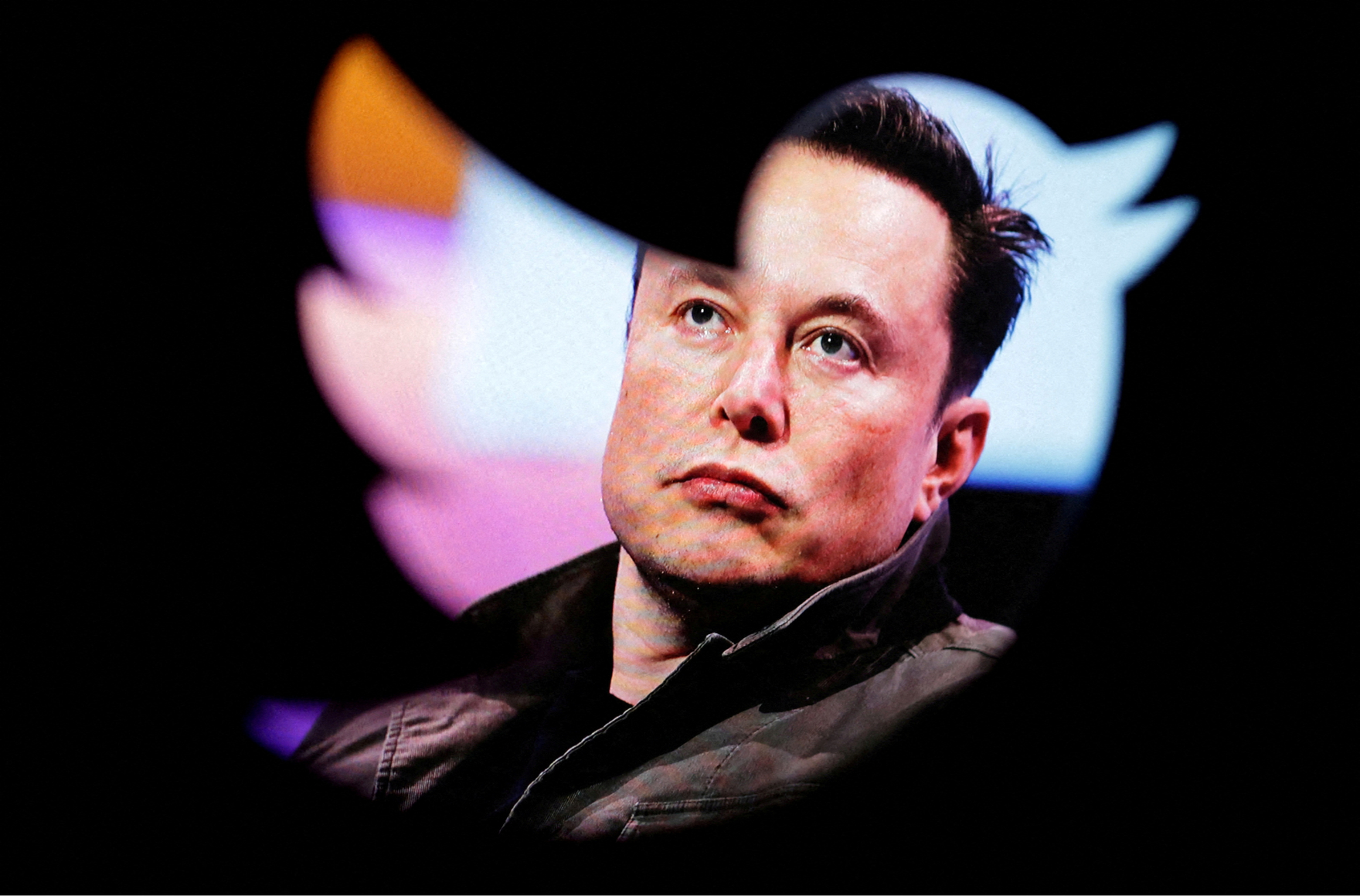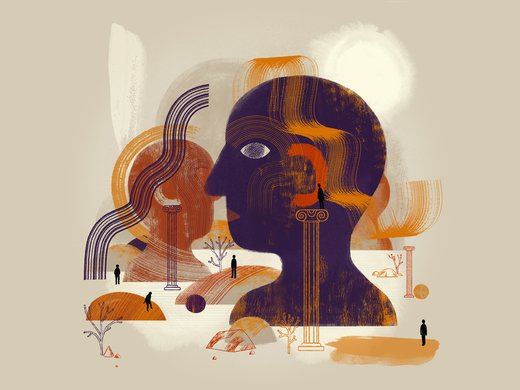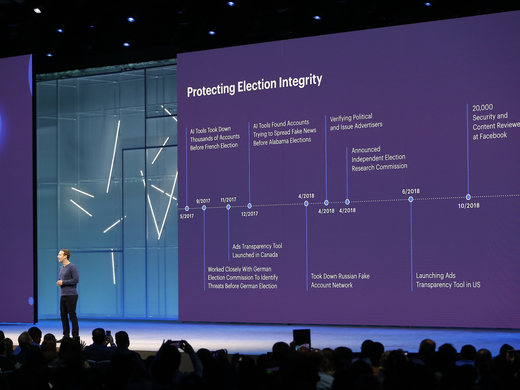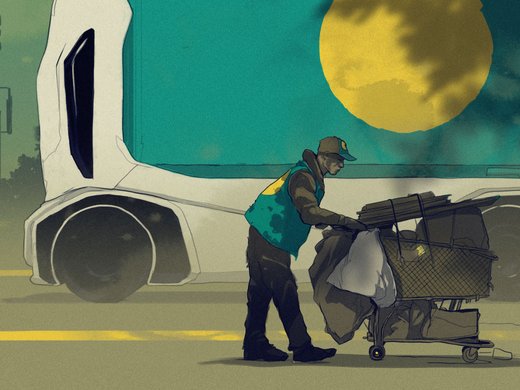On October 27, Elon Musk officially took control of Twitter, among the world's most influential social media platforms. In the aftermath, CIGI sought out expert views on the likely impact on social discourse, and the broader discussion of public/private ownership of critical communications infrastructure.
Blayne Haggart, Centre for International Governance Innovation
If nothing else, Elon Musk’s acquisition of Twitter should make non-American governments realize they have outsourced control over vital communications infrastructure to unaccountable, private foreign corporations. This lack of control leaves individuals, artists, businesses and governments at the mercy of the capricious whims of whoever happens to own these companies.
Twitter’s Day Zero also highlights that the social media regulation debate isn’t about free speech versus censorship: it’s about control. Social media is not a freedom technology. It’s a technology that reflects whatever rules those with control decide on.
Opponents of government regulation need to realize they’re not striking a blow for free speech; they’re running interference for foreign companies.
What this means is that even if today you’re okay with Twitter’s current content moderation rules, or YouTube’s discoverability algorithm, these companies are always just one ownership change or poor earnings report away from rewiring their whole set-up.
Opponents of government regulation need to realize they’re not striking a blow for free speech; they’re running interference for foreign companies, giving them the power to decide how they will regulate our speech.
Control, and power, is always exerted by somebody, for some purpose. If these companies aren’t embedded within accountable, democratic processes and strong government regulation, we shouldn’t be surprised when the rules of the game are turned against us.
Courtney Radsch, Centre for International Governance Innovation
Elon Musk has taken over Twitter, one of the world’s most influential platforms due to the world leaders, journalists and intelligentsia who have turned it into a public sphere. The complaint about Musk owning what many characterize as a critical communications infrastructure seems to be taking place in a vacuum, ignoring the fact that private companies, and billionaires in particular, own significant aspects of our public sphere, from traditional legacy broadcasters and newspapers to some of the world’s most popular social media platforms, Facebook and Instagram.
Unlike Meta and Google, which control vast swaths of the infrastructure that underlies the digital ecosystem, Twitter is important because of the people who use it regularly. Network effects, sunk costs and FOMO keep them from leaving the platform, although not from complaining about Musk’s dismal understanding and approach to content moderation. Even with the deluge of racist slurs, antisemitic speech, offensive memes, and a spike in election and COVID-related misinformation in the days since Musk took over the helm there has been no high-profile, principled exodus. Several brands, however, paused their advertising on Twitter, and a group of more than 20 non-governmental organizations wrote to the platform’s top advertisers, calling on them to withhold their advertising unless Musk protects their brand safety through content moderation. But if the Twitterati remain on the platform it’s not clear that advertisers will stay off it.
Unlike Meta and Google, which control vast swaths of the infrastructure that underlies the digital ecosystem, Twitter is important because of the people who use it regularly.
If Musk intends to make a profit on his purchase, he’ll have to grapple with how to balance advertiser interests with his own conflicting goals of free speech absolutism and profit generation. The problem with private ownership of critical infrastructure by billionaires is that they are insulated from standard financial, economic or political constraints, giving them an outsized impact on the public sphere and public opinion, including during elections and with respect to policies that could impact their business interests. In the absence of a public interest requirement for critical communications infrastructure (much less excessive wealth generation), people will have to vote by taking or leaving Twitter.
Chris Riley, University of Pennsylvania
What will happen with Twitter, which today is a critical part of modern-day communications infrastructure? Twitter as a platform is not inherently essential; rather, its technologies and services serve as an intermediary (and dispensable) layer that connects the people whose contributions make it into such a central piece of communications. If they switch to another intermediary, Twitter becomes worthless.
Along with the bootstrapping challenge of attracting a critical mass of users and the moderation needed to manage them, the technical sine qua non of supporting an intermediary includes, first, healthy server resources to ensure low latency and high reliability; second, an effective discovery mechanism to allow users to find valuable content; and third, a compelling recommendation engine to compose a feed that delivers both creator and consumer value. Emerging alternatives such as Mastodon have not yet reached the scale and smarts required for these, but the future is yet untold.
Twitter as a platform is not inherently essential; rather, its technologies and services serve as an intermediary (and dispensable) layer that connects the people whose contributions make it into such a central piece of communications.
Natasha Tusikov, York University
With Elon Musk’s takeover of Twitter, it’s become starkly evident that Twitter was never the “common digital town square” that Musk promises to preserve. It’s an advertising platform, albeit one that struggles to make money, even as Musk claims it aspires to be the “most respected advertising platform.” More than that, Twitter is an American ad platform, subject to US speech and legal norms.
While Twitter’s new ownership has attracted attention given Musk’s controversial behaviour, he is amplifying the company’s existing problems. Twitter’s problems with hateful and toxic speech will not be effectively addressed by Musk, a self-described “free speech absolutist,” especially as right-wingers are now testing that commitment with a flood of hateful speech.
If we want true digital town squares, we must recognize they won’t be provided by for-profit US — or Chinese — social media giants. We can turn to smaller alternatives that have shared social, not commercial, values, or explore public ownership models for social media, much as Canada has in broadcasting with the CBC. We also need to recognize that town squares need speech regulation. Simply put, the state has a role to play both in protecting people from harmful speech and in ensuring freedom of expression. The European Union is taking steps in this direction with the new Digital Services Act and it’s time for Canada to act.
If we want true digital town squares, we must recognize they won’t be provided by for-profit US — or Chinese — social media giants.
Heidi Tworek, Centre for International Governance Innovation
Elon Musk seems a unique object of fascination for journalists and Twitter users alike. But his purchase of the social media network is best understood in the context of media ownership. Here, Musk is part of a pattern rather than an outlier. Multiple tech billionaires have bought media products, such as Jeff Bezos and The Washington Post or Steve Jobs’s widow Laurene Powell Jobs and The Atlantic. Musk might not see Twitter as media but it raises many similar questions around speech regulation, influence on public discourse, advertising and subscribers.
We often focus on content. But Musk’s purchase reminds us that media and social media ownership often matters more for shaping platforms.
And all these purchases build on a long history in the media sector of ownership influencing content. Rupert Murdoch built a media empire from Australia to the United Kingdom to the United States. In the interwar period, right-wing industrialist Alfred Hugenberg bought a news agency and newspapers to influence politics in Weimar Germany. Hugenberg came to believe that it made more sense to buy media outlets than to influence specific news items. He didn’t succeed in garnering support for his particular political party but played a role in undermining Germans’ belief in democracy.
We often focus on content. But Musk’s purchase reminds us that media and social media ownership often matters more for shaping platforms.
Samuel Woolley, University of Texas at Austin
Elon Musk’s takeover of Twitter is a loss for anyone genuinely concerned with trust, safety and security of digital communication systems — particularly as they stand in relationship to democracy. Twitter has slowly built itself a reputation as the “best in class” major social media platform when it comes to contending with the deluge of informational maladies online. The firm has been taking decisive action against those who violated its terms of service for reasons beyond the purely financial. It banned users, including prominent individuals, who purposefully spread false information about the voting process or the outcome of elections.
Musk has already promised to bring many of these users back online. He has unequivocally decided to prioritize “free speech” over safety. But his perception of free speech is flawed. It equates to an informational free-for-all — which prioritizes the powerful over a considered means of enabling human rights, equity and dignity for all people.
[Musk’s] perception of free speech … equates to an informational free-for-all — which prioritizes the powerful over a considered means of enabling human rights, equity and dignity for all people.



